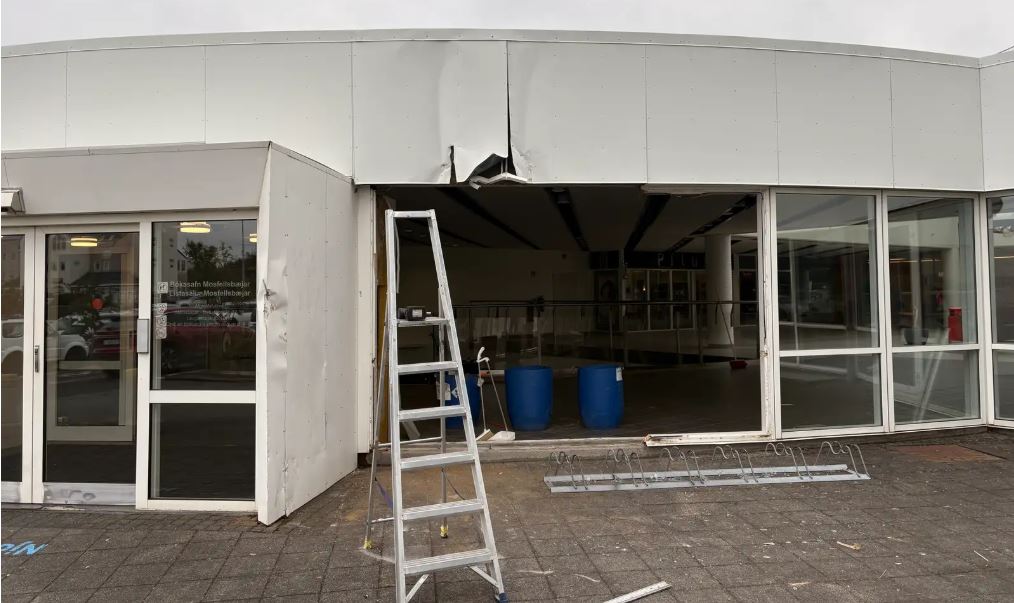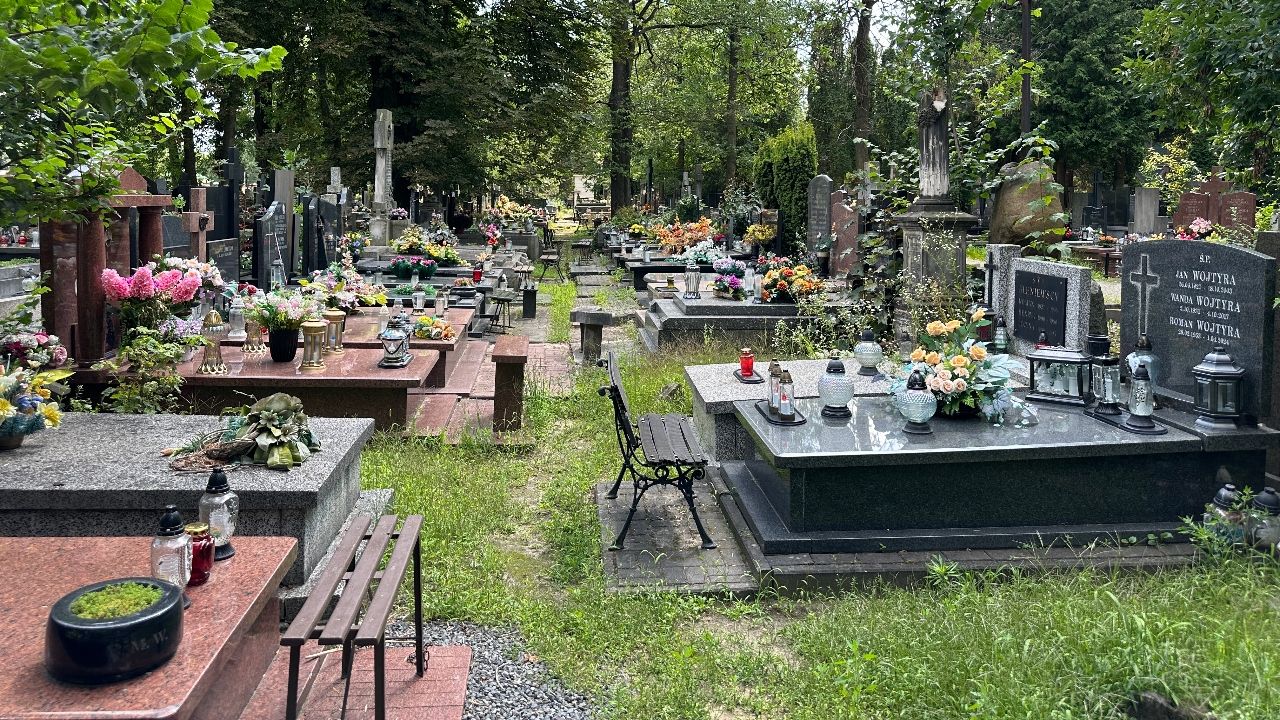In Gdynia, in the Free Square of Ukraine, the IPN presented the exhibition “<
 Anna Kołakowska, youngest female imprisoned in the state of war. She was arrested at 17..
Anna Kołakowska, youngest female imprisoned in the state of war. She was arrested at 17..The ceremony was attended by IPN employees, Navy soldiers and representatives of Gdynia City Council. There were besides persons convicted by the court for opposition activities and advanced school students.
On 15 boards with photos, the past and operation of the Gdynia Naval Court was presented between 1945 and 1990. Dr. Marek Szymaniak, manager of the IPN branch in Gdańsk, recalled that the court in the Stalingrad period, as well as after 1956, was a tool of panic and repression against opponents of the communist system:
– present we reconstruct the appropriate meaning of concepts. Courts should always associate with the issuing of righteous judgments and the compensation of wrongs. In the case of these courts, which were built by representatives of communist power in Poland, after 1944, we had to reverse specified knowing of the function of the court. This institution at the time served the communist government to do mass harm to those people who never accepted the fact of taking our country's independence. They were sentenced to very advanced prison sentences, as well as death sentences, which at the time were many executed— reminded Dr. Szymaniak.
An crucial minute of the ceremony was the speech of Prof. Marek Czachor. The Słupsk scientist was co-founder of the Gdańsk NZS in the 1980s and a associate of the Fighting Solidarity. He was, like his mother, Ewa Kubasiewicz-Houée repeatedly oppressed by the communist authorities. In the 1980s, he was arrested respective times by the militia, and in 1982 he was imprisoned at the Crown Penitentiary and Potulice Penitentiary. The prof. recalled that many people would like to erase that time from their résumés.
– That is why we must remember those judgments, even if any environment does not like it – said Prof. Czachor.
Daniel Sieczkowski, an worker of the Gdańsk IPN, the exhibition's author who said the aim of the exhibition was to commemorate the victims, but besides to show the perpetrators, so that they did not stay anonymous. The author emphasized that the Institute of National Memory is to show the fact about Polish history.




























